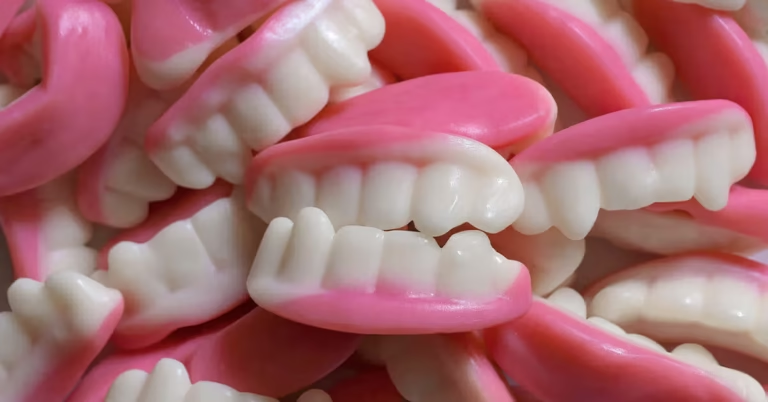Your teeth tell a story. They hint at your daily habits, diet, and even stress levels. Enamel, the outer layer of your teeth, is especially revealing. It reflects what you eat and how you care for yourself. This matters because enamel protects against decay and pain. When you consume sugary drinks or miss brushing, your enamel suffers. It’s a simple truth. Poor enamel might mean cavities or sensitivity. But that’s not all. Your lifestyle choices, like smoking or diet soda, leave marks. Enamel erosion becomes noticeable over time. You control this process. You can change your habits, choosing healthier options. In Albertville, AL, people know about change. They know about adapting, like in tax and accounting services in Albertville, AL. Just as numbers reflect financial health, enamel reveals oral health. In the following sections, you’ll learn more about how to keep your enamel strong and what it reveals about you.
The Role of Diet in Enamel Health
Your diet is a major factor in enamel health. Foods and drinks high in sugar and acid can lead to erosion. Soft drinks, candies, and even fruit juices are common culprits. They create an acidic environment in your mouth. This environment wears down enamel. On the other hand, foods rich in calcium and phosphate help strengthen enamel. Cheese, milk, and leafy greens are examples. Eating these regularly can protect your teeth.
Everyday Habits Impact Your Teeth
Daily habits play a crucial role in maintaining enamel. Brushing twice a day is essential. Using fluoride toothpaste can further protect your teeth. Flossing also keeps decay at bay by removing food particles. Avoid excessive brushing, though. It can wear down your enamel. Smoking and alcohol are two habits that damage enamel as well. They not only stain but also erode. Consider replacing these habits with healthier ones. Regular dental check-ups are important too. They help catch issues early before they become serious problems.
Stress and Its Effect on Enamel
Stress might seem unrelated to enamel health, but it’s not. Stress can lead to teeth grinding, also known as bruxism. This grinding can wear down enamel over time. Night guards can help manage this issue. Stress can also affect saliva production. Saliva is crucial for neutralizing acid in your mouth. Less saliva means more risk for your enamel. Finding ways to manage stress is beneficial. Practices like yoga or meditation can help reduce stress levels.
Enamel Wear: What’s Typical?
| Habit/Diet | Effect on Enamel |
| Drinking sugary drinks | Erosion and cavities |
| Consuming dairy | Strengthens enamel |
| Smoking | Staining and erosion |
| Teeth grinding | Wear and tear |
Protecting Your Enamel Starts Today
Change begins with awareness. Now that you know what affects your enamel, you can make better choices. Start by evaluating your diet. Cut down on sugary and acidic foods. Replace them with enamel-friendly options. Check your habits. Are you brushing correctly? If you smoke, consider quitting. If stress affects you, find ways to manage it. Regular dental visits are a must. They provide professional care that you can’t achieve alone.
For more tips on oral health, the American Dental Association offers a wealth of information. Protecting your enamel means protecting your overall health. Better choices lead to stronger enamel. Stronger enamel leads to a healthier mouth. Remember, your teeth are more than just a part of your body. They reflect your lifestyle and diet choices. Take control today for a healthier tomorrow.
